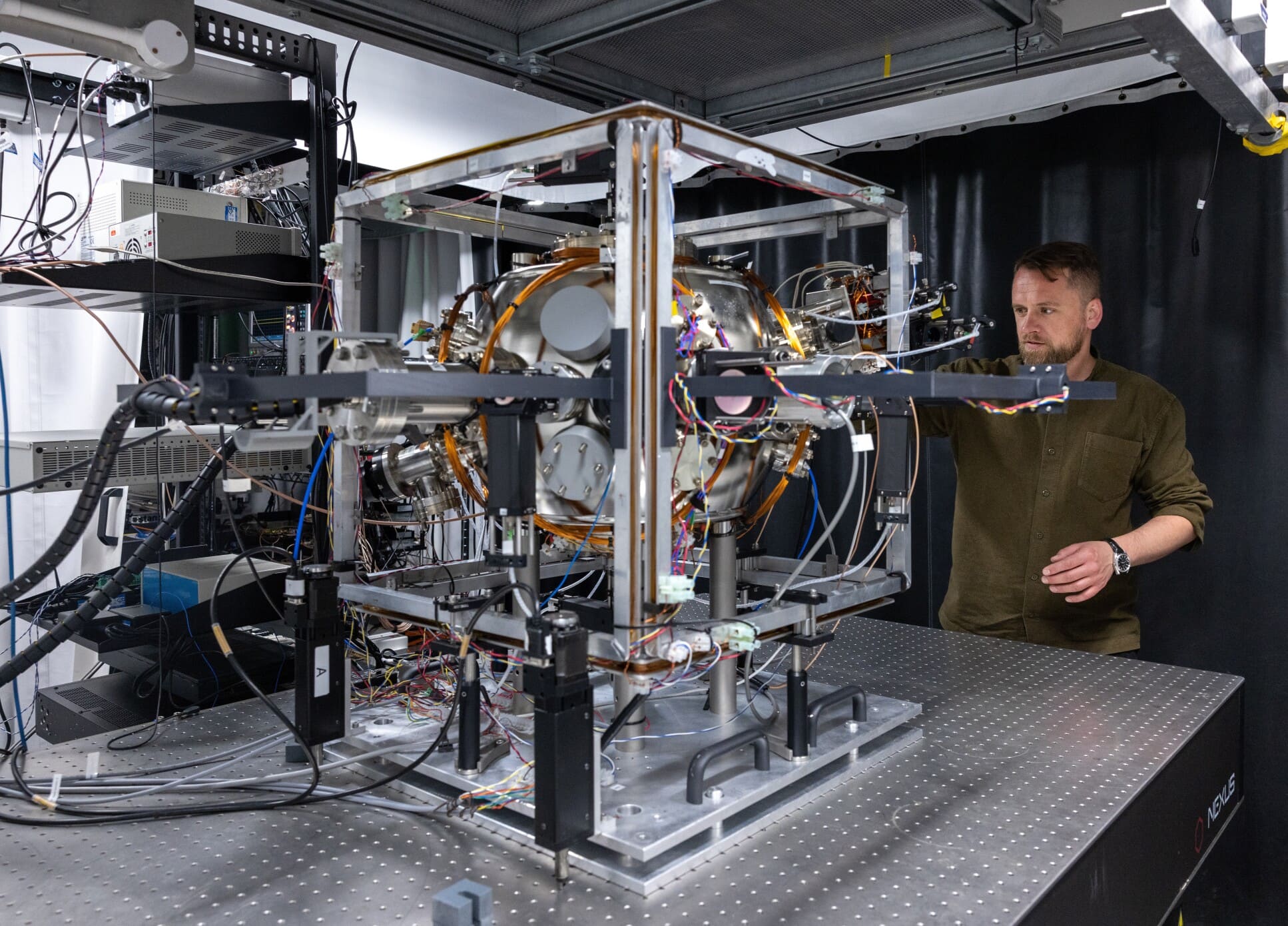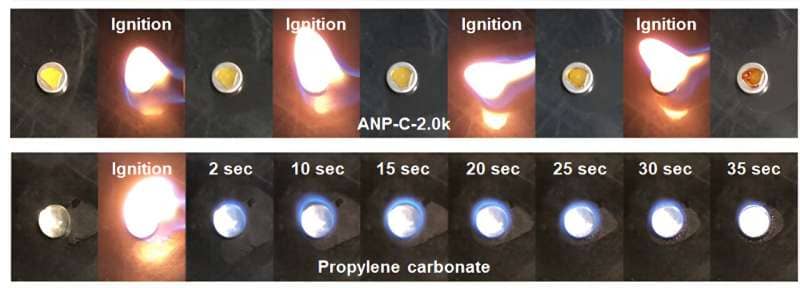Scientists at Imperial College London are testing a “quantum compass” in the London Underground. A technology that could potentially replace or complement GPS for navigation in challenging environments. This device uses supercooled atoms and quantum mechanics to measure movement with extreme precision. Offering a self-contained alternative to satellite-dependent positioning systems.
Quantum Compass Mechanism
At the heart of the quantum compass lies an accelerometer that measures velocity changes over time with unprecedented accuracy. This device operates by manipulating rubidium atoms in a vacuum chamber. Cooling them to near absolute zero (-273.15°C) using powerful lasers. In this ultra-cold state, the atoms exhibit quantum behavior, acting as both particles and waves. The wave properties of these atoms are affected by the acceleration of the vehicle carrying the equipment. Allowing for precise measurements of positional changes. By combining this information with the object’s initial location, the system can calculate future positions without relying on external signals.
What advantage does the Quantum Compass have over GPS?
Self-contained and independent of external signals, the quantum compass offers significant advantages over traditional GPS technology. Its immunity to jamming and spoofing ensures reliable navigation in environments where GPS is unreliable or unavailable. Such as underwater, underground, or in space. The device’s high precision, achieved through quantum properties of supercooled atoms, surpasses current GPS capabilities. Providing extremely accurate measurements of movement and position. This enhanced accuracy and reliability make the quantum compass particularly valuable for applications requiring secure and precise navigation. Such as maritime operations, deep space exploration, and potentially autonomous vehicles in urban settings.
Current Limitations
Despite its promising capabilities, the quantum compass faces several challenges that currently limit its widespread adoption. The technology remains relatively large and not yet suitable for integration into small devices like smartphones. Which makes it more appropriate for larger applications such as ships and submarines. Environmental sensitivity is another hurdle. As the system’s performance in controlled laboratory settings needs to be replicated in variable real-world conditions. Additionally, the complexity and cost of the equipment required. Including powerful lasers and vacuum chambers to maintain ultra-cold temperatures present barriers to accessibility and mass production.
Potential Applications
Autonomous vehicles stand to benefit significantly from quantum compass technology. Potentially revolutionizing navigation in urban environments where GPS signals are often obstructed by tall buildings. The maritime sector could see a major advancement. Particularly in submarine navigation, where the technology’s ability to function underwater without relying on external signals is invaluable. In the realm of space exploration, quantum compasses could prove crucial for deep space missions. Providing accurate positioning for spacecraft venturing beyond Earth’s orbit where traditional GPS is ineffective.
In Conclusion
Despite the obstacles faced by this unique innovation, the importance that will be attributed to the quantum compass can be anticipated. These challenges and potential applications highlight the significance of quantum navigation technology in general and the substantial impact it can have on various industries and different environments.
By: Djamil Kerrouche




